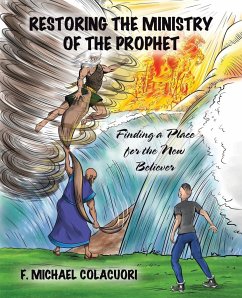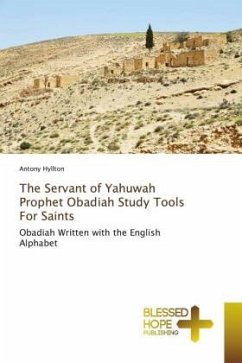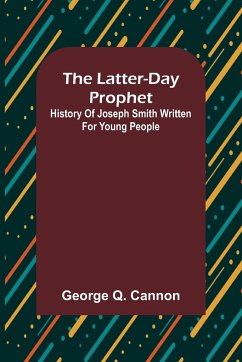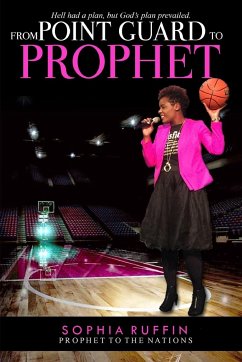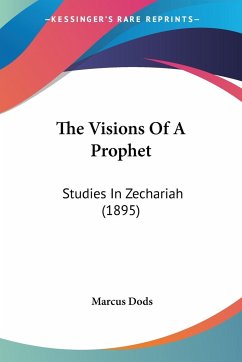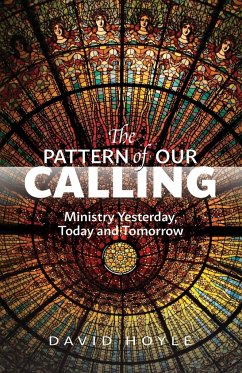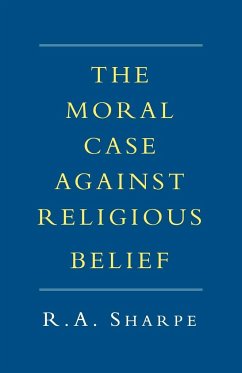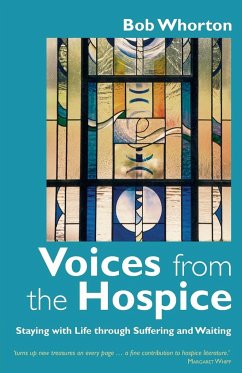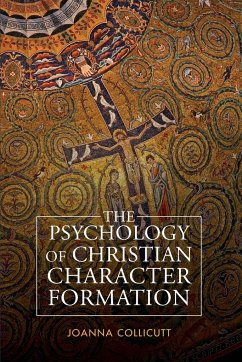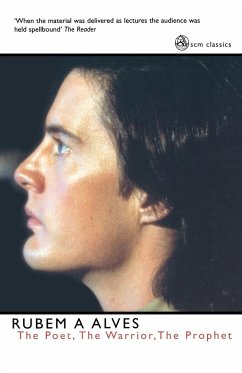
Poet, the Warrior, the Prophet
Versandkostenfrei!
Versandfertig in 1-2 Wochen
32,99 €
inkl. MwSt.

PAYBACK Punkte
16 °P sammeln!
Rainer Maria Rilke, Gabriel Garcia Marques, Emily Dickinson, Albert Camus, Sigmund Freud and the "Tao Te Ching" are just some of the influences on this remarkable and beautiful book, which brings poetry - the language of what it is not possible to say - to bear on theology, in such a way that it changed the author's life. Suddenly, like Lewis Carroll's Alice, Alves found himself going through the looking glass and discovering how words cannot be marshalled into conventional forms but are rather like wild birds flapping their wings refusing to be caged. In delivering the 1990 Edward Cadbury Lec...
Rainer Maria Rilke, Gabriel Garcia Marques, Emily Dickinson, Albert Camus, Sigmund Freud and the "Tao Te Ching" are just some of the influences on this remarkable and beautiful book, which brings poetry - the language of what it is not possible to say - to bear on theology, in such a way that it changed the author's life. Suddenly, like Lewis Carroll's Alice, Alves found himself going through the looking glass and discovering how words cannot be marshalled into conventional forms but are rather like wild birds flapping their wings refusing to be caged. In delivering the 1990 Edward Cadbury Lectures, on which the book is based, the author entered a world like that of M C Escher, many of whose enigmatic illustrations are included in the text, where all one's familiar dimensions are turned inside out. Here theology goes hand in hand with story and poetry, and creates an unforgettable atmosphere of wonder and vision - as when, for example, through the magic of Isak Dinesan's "Babette's Feast", Alves evokes a picture of 'words which are good to be eaten' - which in turn leads to a profound meditation on politcs, prophecy and the theme of resurrection.






